
In this study, geriatric co-management was associated with significantly lower 90-day postoperative mortality compared to patients who received care managed by surgery service only.

Your AI-Trained Oncology Knowledge Connection!


In this study, geriatric co-management was associated with significantly lower 90-day postoperative mortality compared to patients who received care managed by surgery service only.

A study published in Cancer found prognostic factors in patients who experienced disease progression while receiving anti-PD-1 therapy to treat advanced melanoma.

Researchers indicated the risk for those presenting to primary care physicians is 2% or less and does not warrant further investigation under current UK guidelines.

Researchers indicated that these findings highlight the need for clinicians to emphasize the importance of both smoking cessation and cancer screening for women who currently smoke.
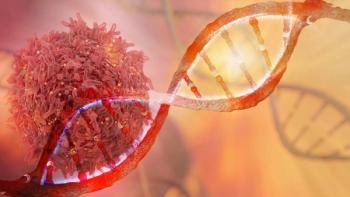
The researchers indicated that the integrated, standardized management of testicular cancer may help overcome sociodemographic factors often associated with adverse clinical outcomes.

A systemic review of oncology clinical trials found a large difference between unadjusted and bias-adjusted hazard ratios when the number of events at interim analysis was small.
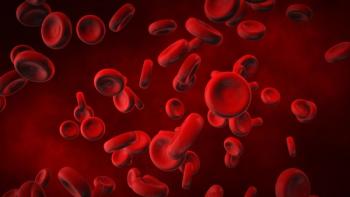
This study is the first to show anti-GPIIbIIIa and anti-GPIbIX in the bone marrow of patients with immune thrombocytopenia.

The authors suggested that the “results of the current study have provided valuable insight into chronic medication adherence and health care use in a low-income population of patients with and without cancer.”

The study findings suggested that lower quality-of-care scores could decrease hospital payments, which could possibly increase health disparities for at-risk patients with cancer.
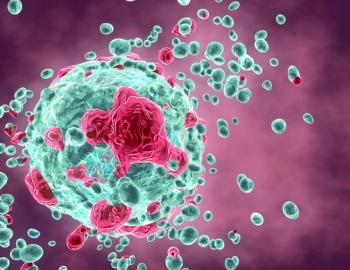
The liquid biopsy test is approved to identify patients who may benefit from treatment with specific FDA-approved targeted therapies.
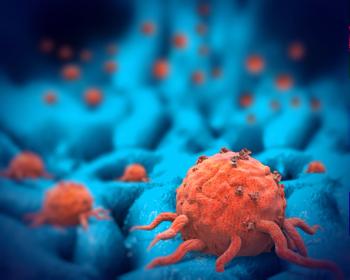
The combination immunotherapy was associated with significant positive outcomes among patients with gallbladder carcinoma and intrahepatic cholangiocarcinoma.

Researchers suggested that this 6-week window may represent a critical time point at which decisions could be made regarding treatment escalation for this patient population.

The study was evaluating whether a multicomponent intervention, compared with education alone, would result in a higher proportion of patients with ALL who have mercaptopurine adherence rates of 95% or higher.

Researchers found that little of the mechanistic understanding of CIPN is currently being translated into clinical trials for interventions.

The platform was launched to provide cancer survivors live and on-demand workouts specifically geared towards survivors all types of cancers.

This study is intended to “investigate how chemotherapy disrupts sensory processing, memory, and attention in children; where in the brain the damage is occurring; and whether there is a biomarker that can identify those who are most vulnerable.”
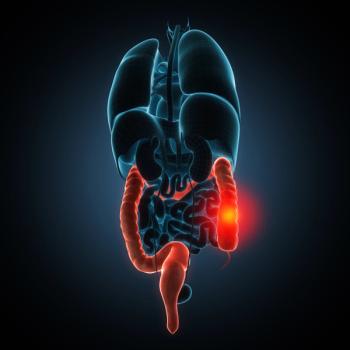
Researchers suggested that potency enhancing phosphodiesterase-5 inhibitor drugs may have the ability to improve a prognosis in patients with colorectal cancer.
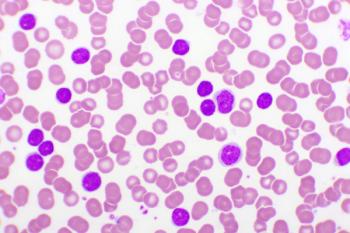
The combination was found to be safe and improved overall survival over azacitidine alone in certain patients with acute myeloid leukemia.
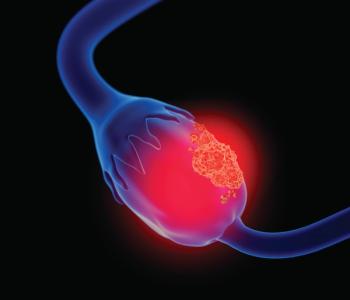
The recommendations were based on a review of 17 clinical trials, FDA approvals, and consensus where evidence was lacking.

The tablets were approved for the continued treatment of adult patients with acute myeloid leukemia who achieved first complete remission (CR) or CR with incomplete blood count recovery (CRi) following intensive induction chemotherapy and who are not able to complete intensive curative therapy.

Per the FDA, the new draft guidance represents an updated approach to clinical trial design and regulatory submissions.

The new drug application was based on data from a single, pivotal, randomized, controlled, phase 3 study of encequidar for the treatment of metastatic breast cancer.
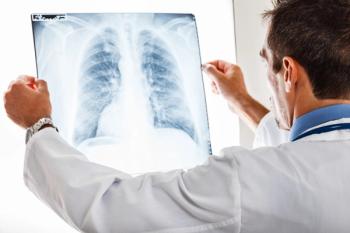
The model was found to be superior to the United States Preventive Services Task Force (USPSTF) criteria at identifying African American ever-smokers for lung cancer screening.
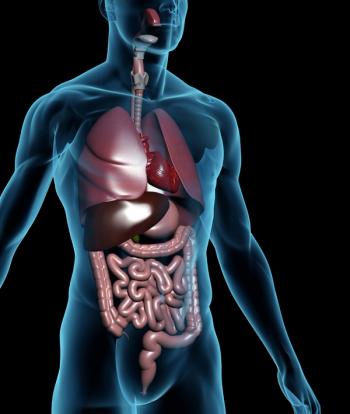
Though further research is necessary, researchers suggested that immune checkpoint inhibitors can be used as an individualized therapy in certain patients who have undergone solid organ transplantation.

The newest episode of “Oncology Peer Review On-The-Go” features 2 competing opinions on next-generation sequencing for the treatment of gastrointestinal cancers.

The new drug application is seeking approval for the treatment of adult patients with multiple myeloma whose disease is refractory to at least 1 proteasome inhibitor, 1 immunomodulatory agent, and 1 anti-CD-38 monoclonal antibody.

Researchers indicated that these findings suggest, “an ENE detection biomarker based on TP53 mutation detection would represent an enormous clinical benefit.”
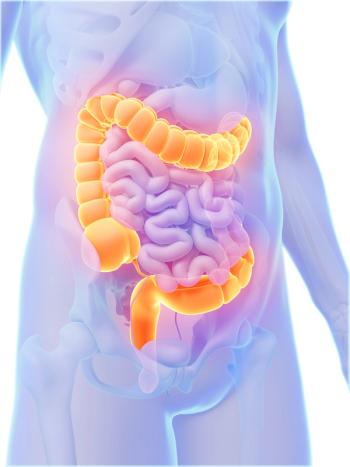
With regard to the COVID-19 pandemic, researchers recommended that resection should occur as soon as possible depending on the availability of hospital resources and local disease burden.

A restrospective study published in JAMA Dermatology found that integrating dermatologic care into oncology practices might be associated with an increased adherence to evidence-based prophylaxis for EGFRi-associated rash.
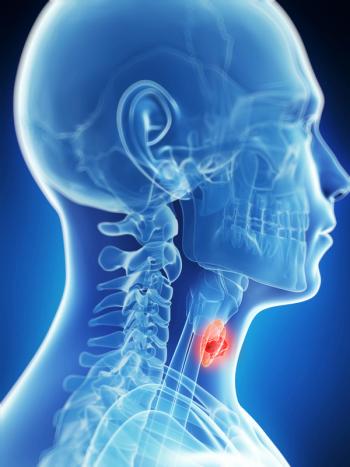
The tool was developed “with the objective of providing transparency and facilitating surgical prioritization for treatment providers.”